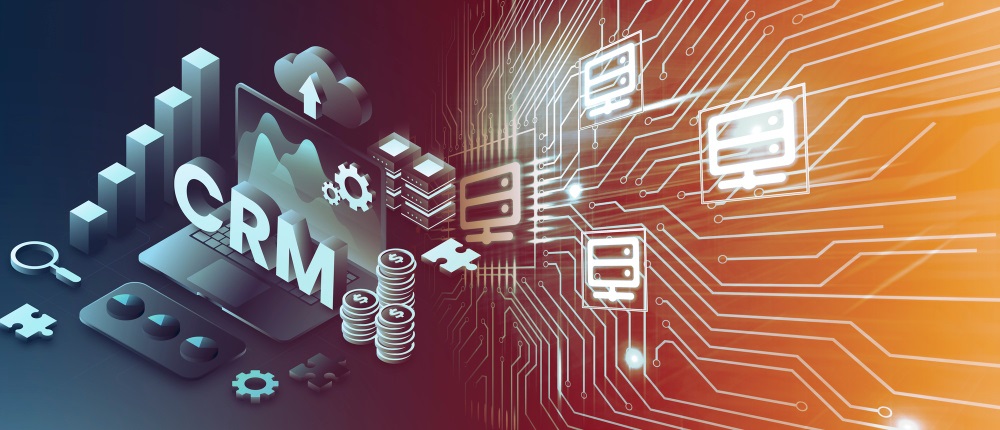"Innovation distinguishes between a leader and a follower. At Salty Media Production, we believe in pushing the boundaries of what's possible with AI and creative technology."
Agentic AI refers to autonomous AI systems that not only respond to prompts but also plan tasks, take actions, and learn from outcomes. Unlike chatbots or basic RPA bots, these agents can chain reasoning, trigger other systems, and adapt dynamically to changing goals.
This shift is significant for automation agencies because it bridges the gap between AI-assisted tools and autonomous digital workers.
Why Agentic AI Matters for Business Automation
From Reactive to Proactive Systems
Traditional automation executes predefined workflows. Agentic AI can analyze a situation, decide the next best step, and even negotiate constraints without being hard-coded.
End-to-End Task Execution
Instead of requiring humans to hand off between systems, agentic AI can complete complex workflows autonomously — from data gathering and analysis to taking actions across APIs.
Continuous Learning & Adaptation
Agentic AI can improve over time by monitoring outcomes, learning user preferences, and updating strategies — something static RPA bots cannot do.
Practical Use Cases in 2025
- Finance: Autonomous AI that reconciles accounts, flags anomalies, and initiates corrective transactions.
- Healthcare: Agents that schedule patient follow-ups, monitor records, and trigger reminders without human oversight.
- E-commerce: Intelligent digital shoppers that manage supply chain reorders, dynamic pricing, and personalized marketing campaigns.
- IT Ops: Self-healing agents that detect system anomalies, run diagnostics, and apply patches automatically.
How Automation Agencies Can Leverage Agentic AI
-
Advisory & Strategy
Guide enterprises in identifying tasks suitable for autonomous agents vs. semi-automated flows. -
Integration Services
Connect agentic AI platforms with CRMs, ERPs, and sector-specific software. -
Custom Agent Development
Build specialized agents (finance ops, HR assistants, media content schedulers) tailored to industry needs. -
Monitoring & Governance
Provide oversight, dashboards, and fail-safes to ensure agents operate responsibly. -
Change Management
Help clients manage workforce transitions as digital agents take on more tasks.
Challenges and Risks
- Reliability: Agents making incorrect autonomous decisions could create costly errors.
- Ethics & Control: Enterprises need clear boundaries on what agents are allowed to do.
- Regulation: Compliance frameworks for autonomous AI are still emerging.
- Skills Gap: Building and maintaining autonomous agents requires new expertise in reinforcement learning, multi-agent systems, and governance.
References
- Express Computer – Five Trends Transforming AI and Automation in India for 2025 (UiPath insights): https://www.expresscomputer.in/artificial-intelligence-ai/five-trends-transforming-ai-and-automation-in-india-for-2025-uipath/120089
- Intelegain – Top 20 Agentic AI Project Ideas in 2025: https://www.intelegain.com/top-20-agentic-ai-project-ideas-in-2025
- EY – Generative AI: Shaping India 2025: https://www.ey.com/en_in/insights/ai/generative-ai-india-2025-report/gen-ai-2025-trends-india
Ready to start your next project? Get in touch with us today and let’s discuss how we can bring your vision to life.



